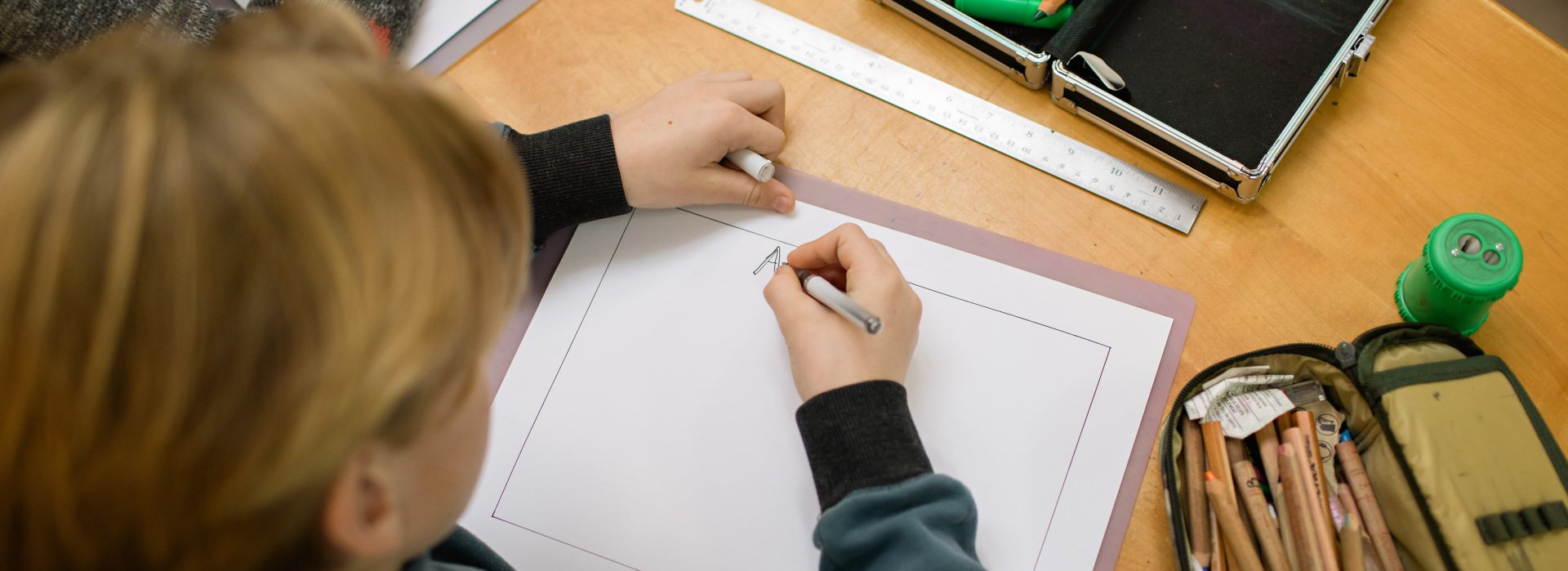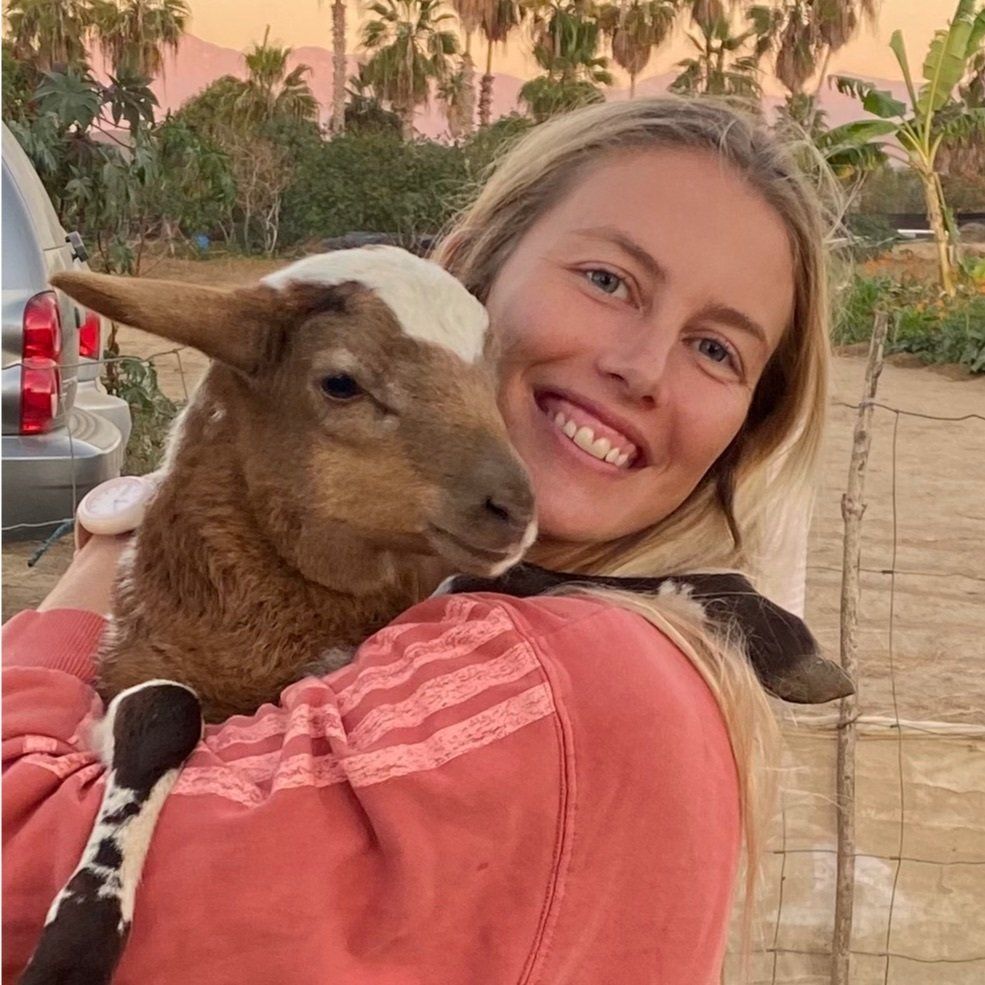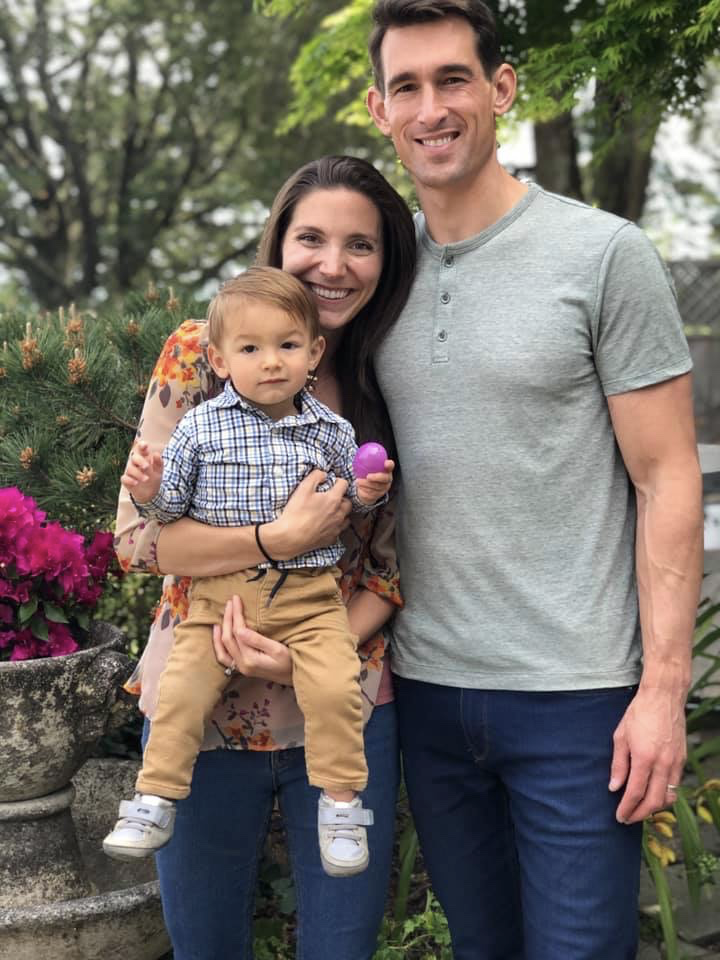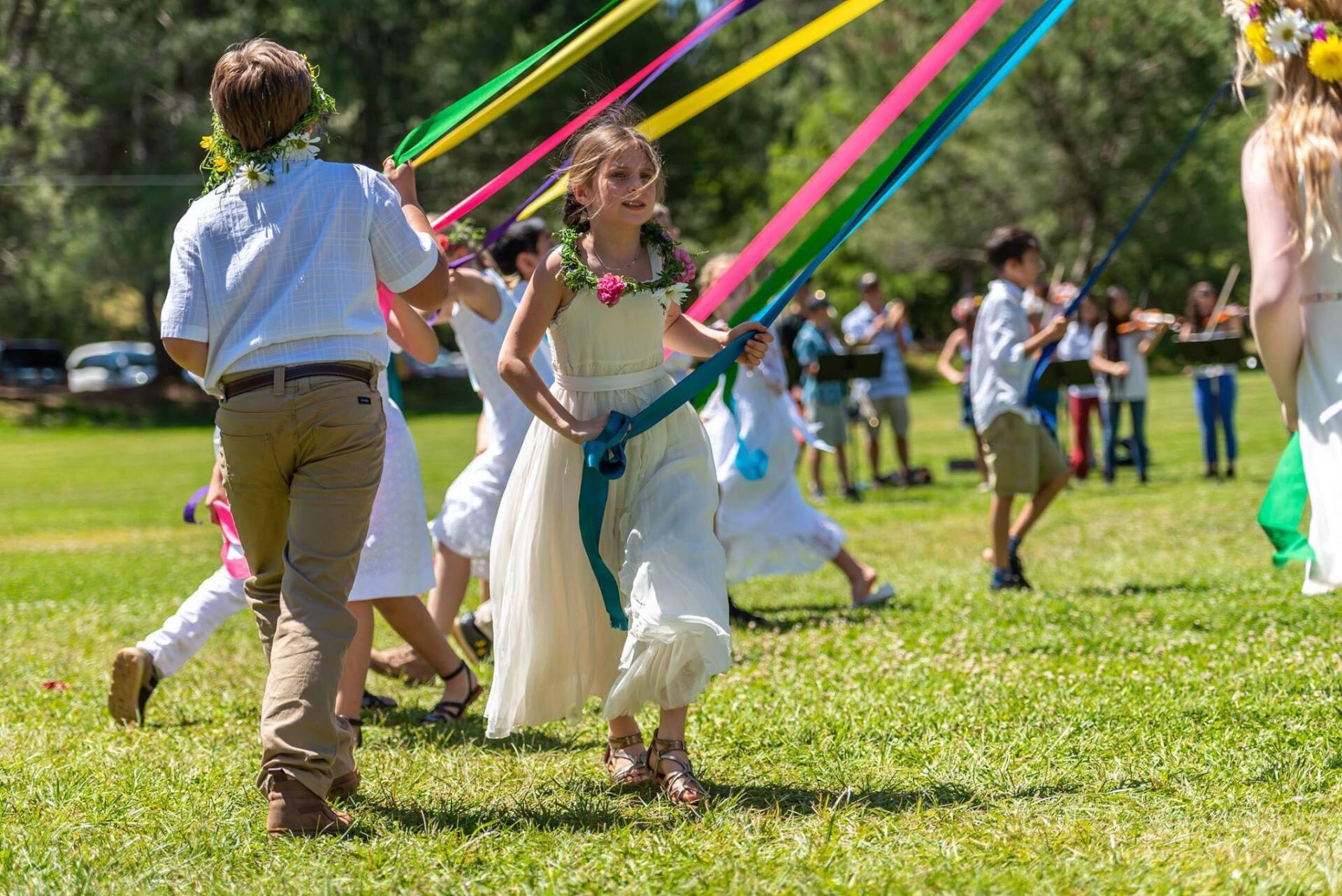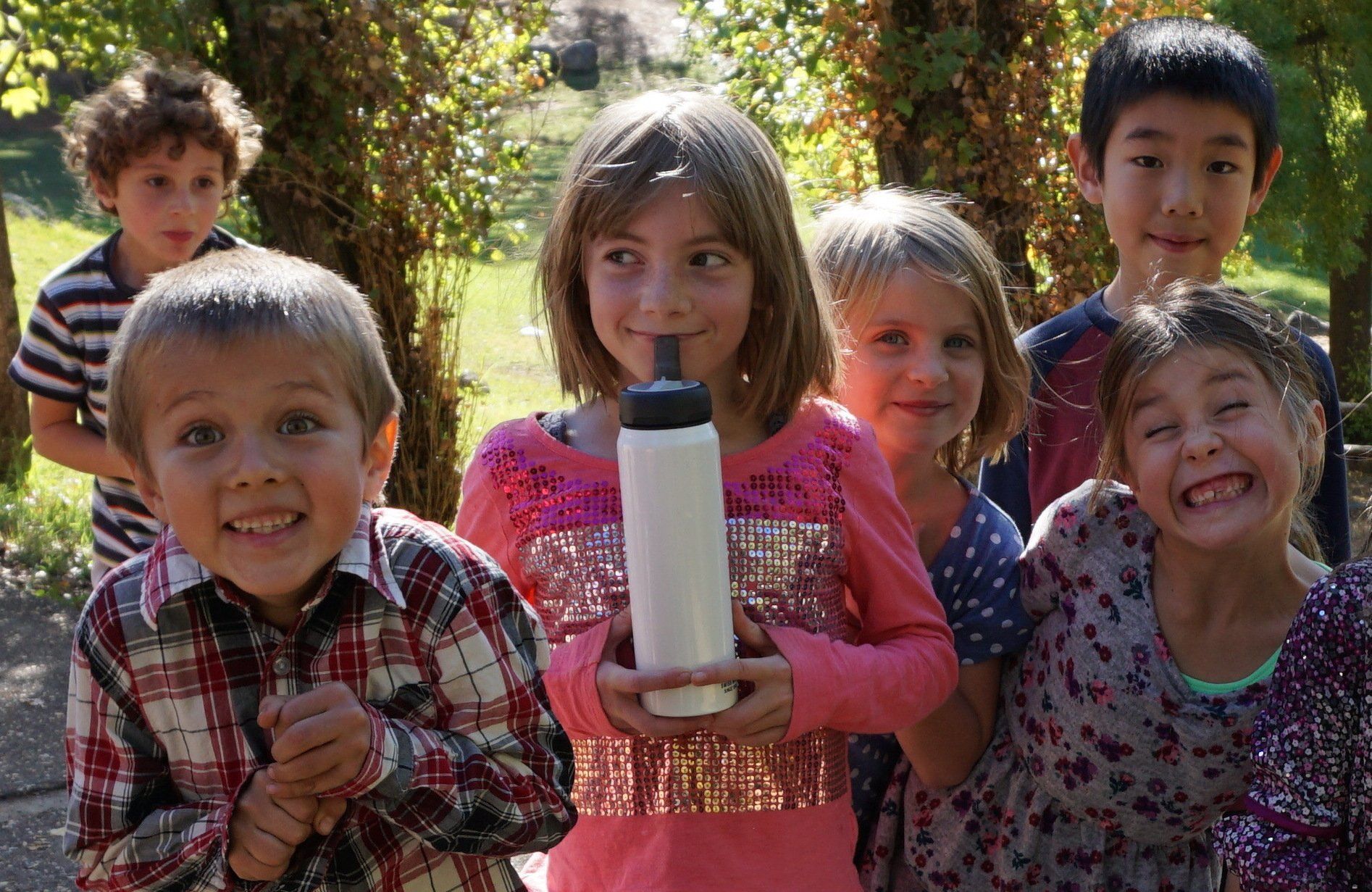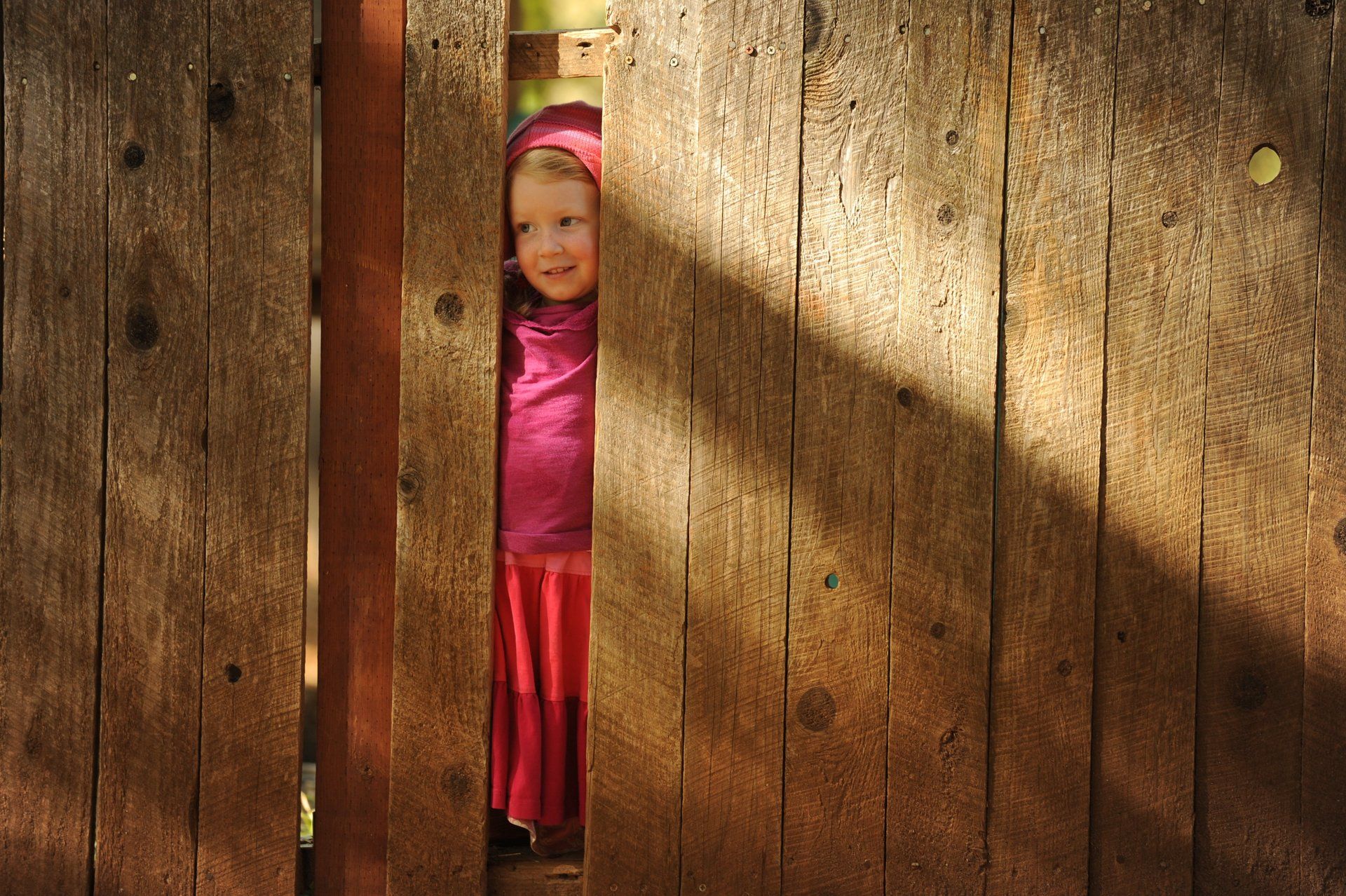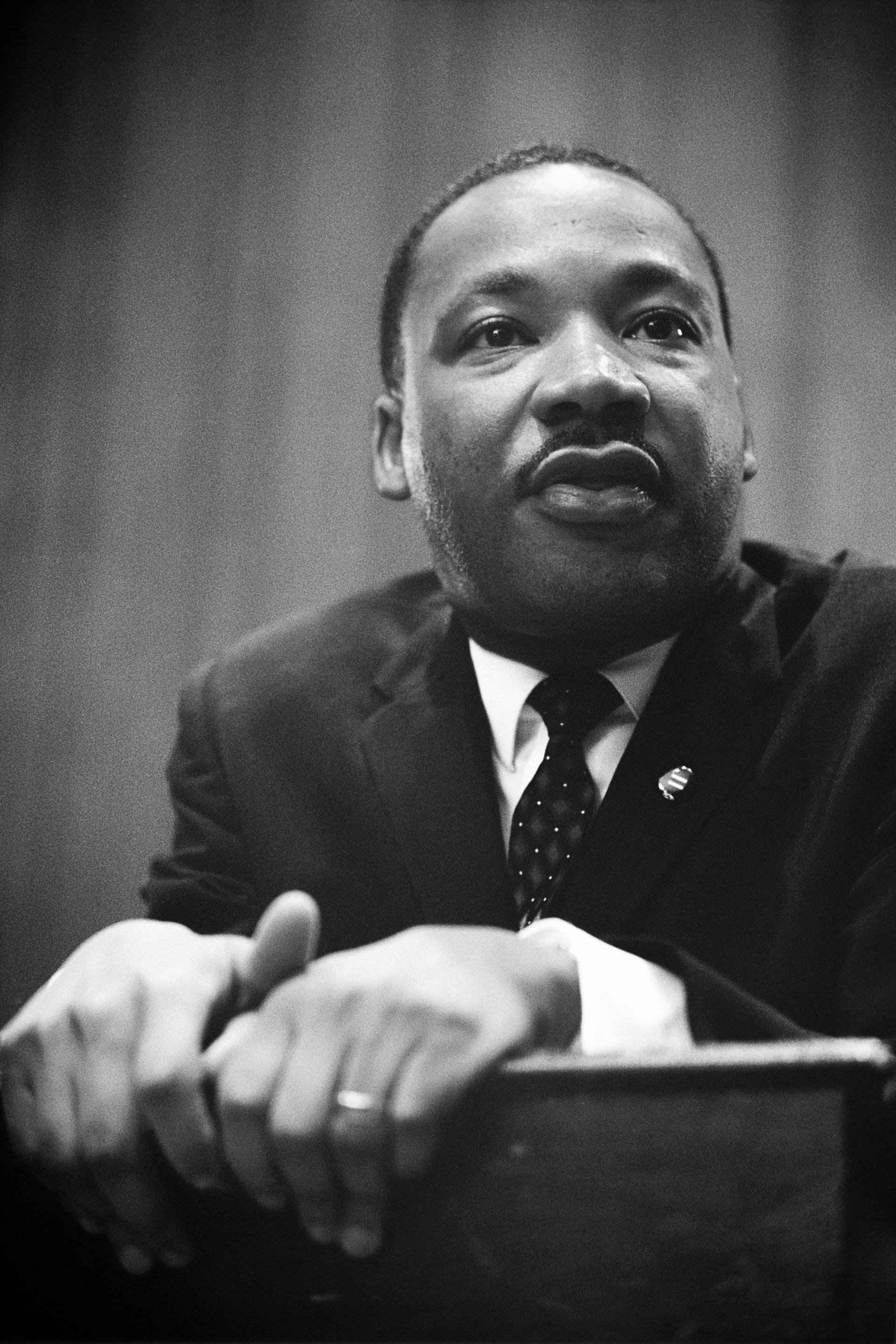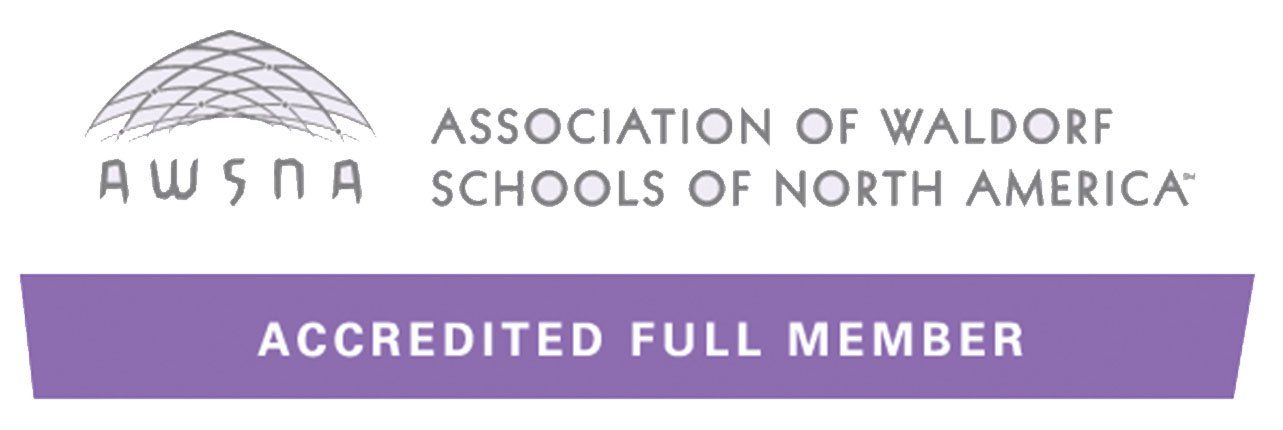Blog Post
Learn about the Hands: The Will Force and the Necessity of Struggle in educating the head, heart, and hands.
Rev Bowen • Dec 14, 2020
(1 of 3 in a series on The Head, Heart, and Hands)

A very common tag line associated with Waldorf Education is "Head, Heart, and Hands". Perhaps you read this or heard this when you first encountered Waldorf Education or Live Oak Waldorf School. It has a nice ring to it, doesn't it? However, are we clear about what this means?
Waldorf teachers attempt to work according to Anthroposophical principles of human development, initially presented by Rudolf Steiner, and since then further researched and developed by many people. Primarily, these subsequent individuals are Anthroposophical doctors and Waldorf teachers or pedagogues.
Let's take a little side-path to explain Anthroposophy. This word means "Human Wisdom" or "Wisdom of the Human Being". It is the philosophical foundation of which Waldorf Education is one application. Out of this same philosophy have come Anthroposophical medicine, architecture, agriculture, economics, visual, musical, and spatial arts. One of the most central tenets of Waldorf Education is holding the human being as an evolving microcosm in whom universal forces and transformations take place. Rudolf Steiner did not create an elaborate curriculum and tell teachers to learn it and thus become Waldorf teachers. Instead, he said that the true Waldorf teacher must become intimately familiar with these universal human forces and developmental principles. This familiarity would thus enable the teacher to realize what is needed for the student at any phase of his or her learning and development. You could say that instead of giving teachers a fish (a curriculum), he wanted teachers to learn how to fish (to pedagogically develop and adapt curriculum to meet the young human beings in their care).
In Waldorf education, it does not start with a curriculum; it starts with understanding the child.
So for these three weeks leading up to the Winter Holidays Break, we will take a look at a three-part lens we use in Waldorf Education. It is characterized in "Head, Heart, Hands", but I will now refer to it as Willing (hands), Feeling (heart), and Thinking (head).
We have all met people who have strong wills. Maybe you have met someone who quit smoking tobacco. They did not wean. They just quit "cold turkey" as they say. Despite the behavioral and physical addictions, they never went back to smoking. Or, perhaps you know someone who began a new regiment of exercise and they actually stuck to it. No matter what version of these stories we might tell, there is a common theme. Will-force is the ability to meet and overcome resistance. That resistance may come from inside the self or it may be outside the self. Either way, a strong will is able to meet and overcome resistance. Have you ever thought to yourself, "I wish I had a stronger will?" Most people, being honestly self-reflective, have thought this many times.
In the early stages of a developing child, we can see will-force in a very pure form. The young child does not think about trying to sit up, roll over, lift her head, stand, crawl, walk, talk, etc. She does not have an inner feeling life that she grapples with over how difficult it may have been to crawl this day. If things are difficult or painful, the child cries. Everything is expressed physically, willfully. The child either does things or doesn't. And it is so easy to see the difference between those children who have very strong will forces and those who do not.
I will not go down the path of "Why?" regarding these differences. Is it genetic? Is it karmic? Is it a great unfairness? Wonderful mysteries, but for our purposes, immaterial. All we need to consider is that we can see it quite easily in young children. So what can we do to foster a strong and healthy will-force in our young children?
In early childhood, we need to let the child struggle. We must let them struggle to reach those early milestones. Instead of helping the child to stand by holding both of his hands, let him struggle. Instead of putting the child in one of those roll-around contraptions that support him with a little cloth seat, let him struggle. Let him pull himself up and fall, however many times. Let him learn to balance himself with his own efforts. Besides learning how to stand, the child is developing and strengthening his will forces. Without any self-consciousness, he is learning that he can do things on his own. He knows, in the deepest possible ways, that he can meet and overcome the resistance of gravity and the limitations of his little body. And this knowledge, fully embodied in the young child, will apply to all things encountered throughout life. With repeated efforts of will, he can achieve great heights--two feet above the ground, yes!--and beyond!
This is a fundamental lesson that the modern parent is often persuaded to circumvent. With wonderful intentions, we "help" them to do these early things. Unfortunately, we also weaken their wills--even if they achieve that single skill of standing--when they have not reached these basic milestones on their own. And of course standing is just one achievement. There are many, many opportunities to let the child meet and overcome resistance. Each one can strengthen the child's will forces. We may also have to strengthen our own wills against the urge to "help" them, realizing that our "help" is actually not truly helpful.
After dentition, around the 7th year of life, the child becomes more self conscious. Moreover, this is the period of life in which habits and patterns are most easily established. If, as parents and teachers, we are still "helping" the child, then they are strongly developing a codependent habit that further undermines the development of the will. When they encounter resistance, such as learning their three's multiplication tables, or learning how to juggle--a very developmentally healthy activity--they may not really try. They do not really try because they do not have a rich history of exerting themselves over and over and, after many, many attempts, finding success. This is the child who was "helped" too much as a young child. Not only do they have the outer resistance of learning something new, they have an inner resistance, an inhibiting habit of expecting someone to come along and make it easier for them so they don't have to fully try all on their own. They do not know how to exert themselves. They give up almost immediately when their attempts "fail".
Here again, as in early childhood, we must not simply let them struggle, we must design lessons, academic and life lessons, in which they will struggle. Sure, we want them to have success, but not too easily. If I have a student who is a math "whiz", then I challenge that child in other ways. Everyone has areas of strength and areas of needed improvement. My first job as an educator, is to find those areas of needed development and make sure the child engages there in the struggle. The struggle not only leads to improvement in needed areas of learning, it strengthens the will forces.
How does the teenager respond to resistance and "failed" attempts? Do you think you will be able to talk about it with your teenager? Sometimes, perhaps. But I tell you now that the real "conversation" happens much earlier in life. It happens before they are aware that it is happening. It happens between birth and puberty. It happens when we let them struggle. It happens when we design their struggle. This is why chores are important. Do we really NEED them to keep their bedroom clean? It is easy to argue that it is not really all that important when we disregard the child's habits and will-forces. With that lens, then we see that it is not really about them cleaning their rooms on this or that particular day; it is about them engaging their wills and learning to push against inner and outer resistance every day, over and over. Taking out the trash. Helping dad do dishes. Helping mom clean out the gutters. Mowing the lawn. Stacking the firewood. Vacuuming the carpet. Mopping the kitchen. Cleaning the shower and tub. The list can go on and on. Having children do these things is not a matter of free labor. It strengthens their wills. They learn how to meet and overcome resistance, and they build a strong habit of doing so.
I will not take this other side-path, but I must now ask you: Can you see how electronic devices weaken the will forces of the growing child?
How will our children, as adults, react to rejection from a boyfriend/girlfriend? What if they are not hired for a job they really wanted? What happens when they want to pursue a certain career but they don't bother to even complete their homework in high school? Do they have the will to even study for quizzes and tests? On a bigger scale, who will work to address the many ways in which our world still needs to improve? Who will rise up to lead the great movements that are needed--whatever you believe those movements to be? Will our own children be able to self-determine? Will they have the inner strength to do what their lives demand, to care for themselves and our grandchildren in all the ways that are needed?
When we see that the will force is like a muscle, strengthened by repeatedly meeting resistance, then we begin to understand how to properly raise and educate the child. They need to struggle. They need to meet resistance. They need to learn through initial "failed" attempts to try and try again...and again...and again. We must learn to let them have their struggles in early life and to facilitate more struggles later on. They need them.
The 30th President of the United States, Calvin Coolidge, used the word persistence to refer to this force of will.
"Nothing in this world can take the place of persistence. Talent will not; nothing is more common than unsuccessful men with talent. Genius will not; unrewarded genius is almost a proverb. Education will not; the world is full of educated derelicts. Persistence and determination alone are omnipotent. The slogan 'Press On!' has solved and always will solve the problems of the human race!"
#Liveoakwaldorfschool #waldorfeducation #waldorfsacregion
Share
Tweet
Share
Mail

By Rev Bowen
•
16 Jan, 2021
What happens when we hear a story? If our inner wills are strong, if our feeling life is flexible and rich, then we engage in a very important "thinking" activity: we imagine. This is not the same as fantasy or whimsical fancy. This is not mere creativity. Nor is this the same as intellectualizing. Thinking is not the means to simply acquire knowledge.

By Rev Bowen
•
20 Dec, 2020
For the young person, this mystery can be overwhelming. If we do not endeavor to help young people learn about their feelings and how the feeling life works, then we leave them like rudderless rafts on a rising river. Teachers and parents can help children learn how to affect their feelings so that they can strive toward equilibrium when they need to do so. This starts at the very beginning.
To Learn More, Contact Us:
Thank you for contacting us.
We will get back to you as soon as possible.
We will get back to you as soon as possible.
Oops, there was an error sending your message.
Please try again later.
Please try again later.
Contact Info




This site is not a part of the Facebook website or Facebook Inc. Additionally, this site is NOT endorsed by Facebook in any way. FACEBOOK is a trademark of FACEBOOK, Inc.

